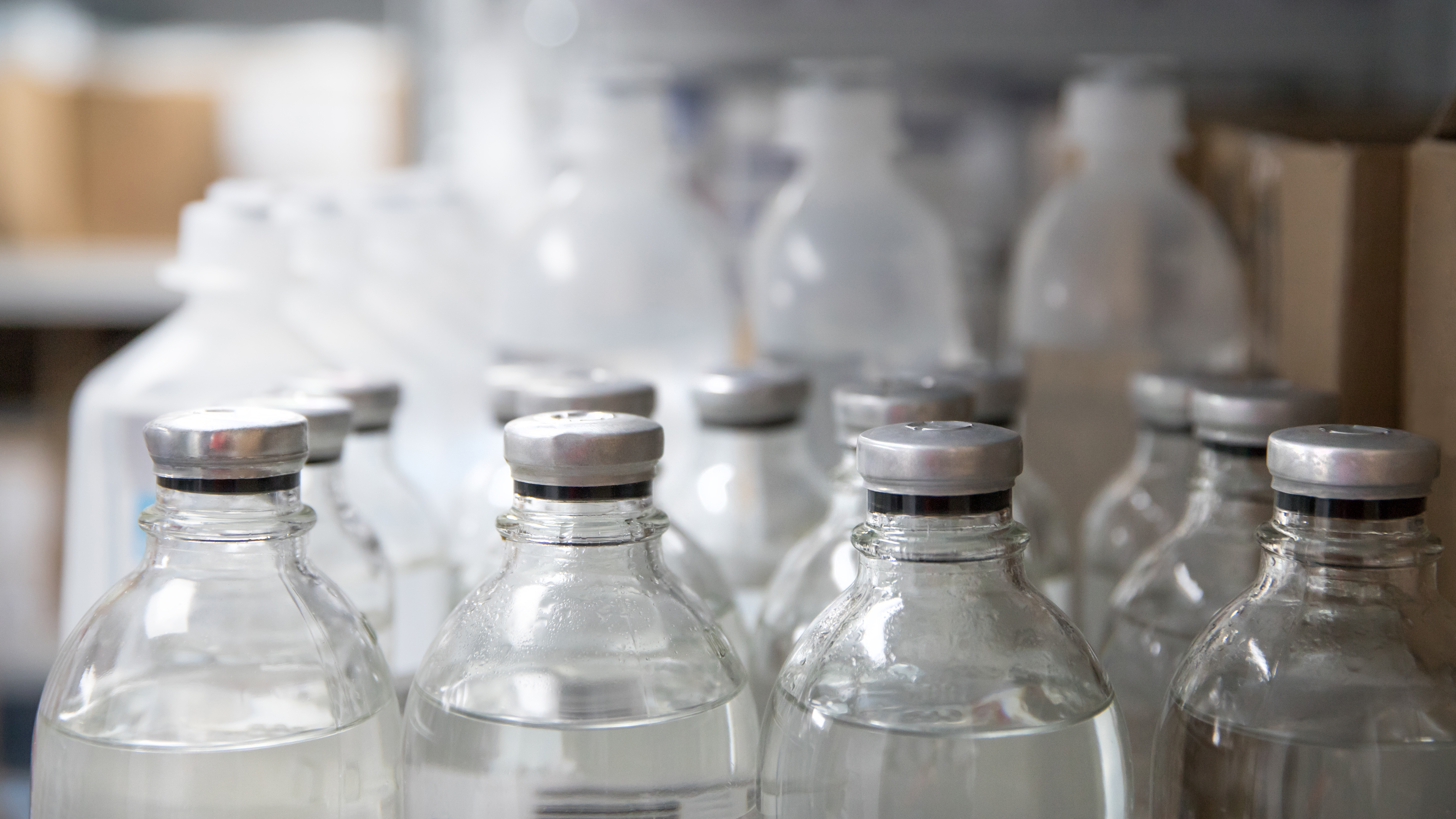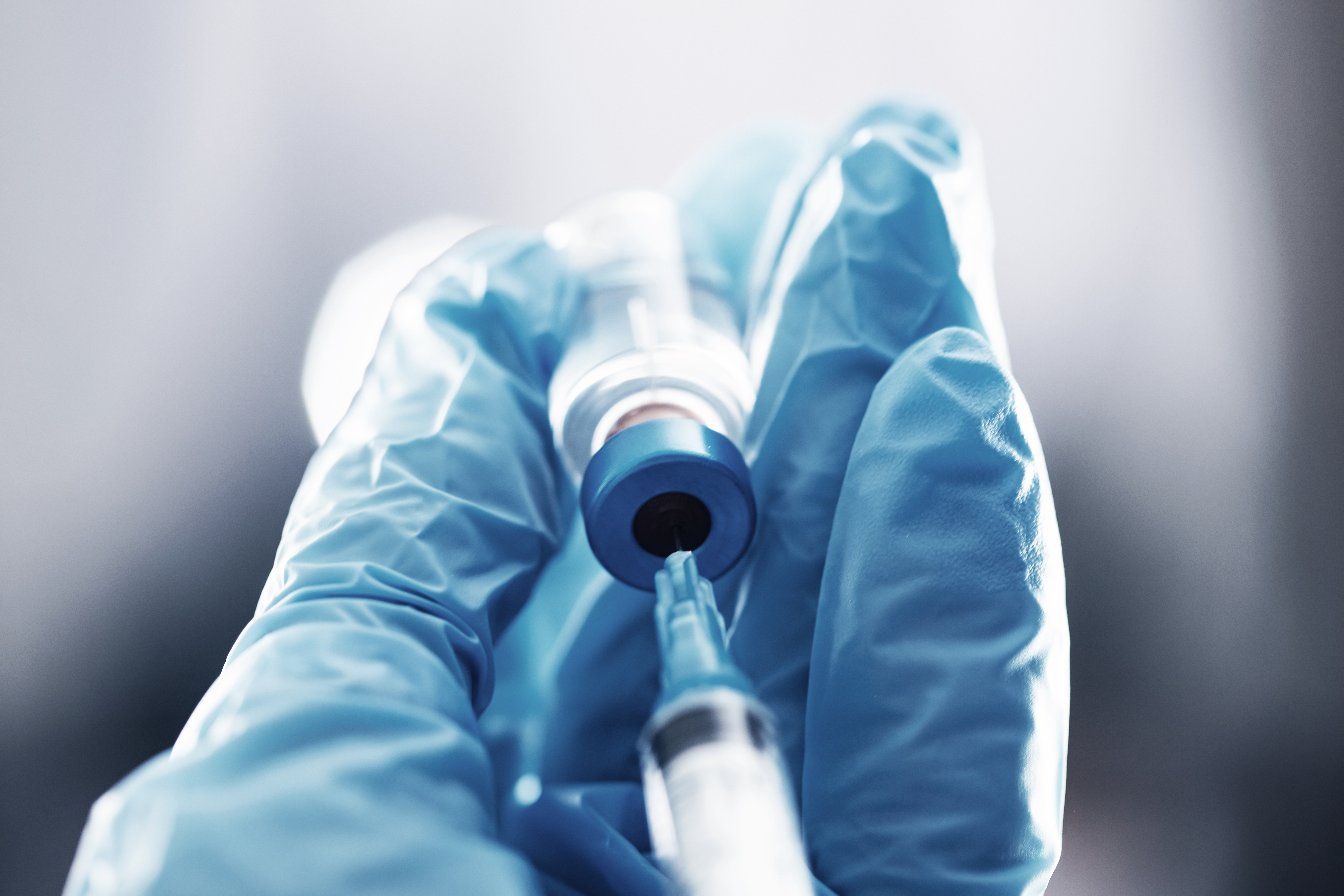Celebrating National Immunization Awareness Month

The Origins of Vaccines
The month of August is National Immunization Awareness Month. Vaccines are so inundated in modern medicine, that it's hard to imagine a time without them. Yet, inoculations began from humble origins in Africa, Turkey, and China before they spread across the sea to America.
Some date these vaccine forerunners as early as the 1000s AD. Centuries later, in 1796, Edward Jenner created the first successful immunization to smallpox. And by 1885, the famous chemist Louis Pasteur had created a rabies vaccine that would shake the foundations of human disease.
From this point forward, vaccines flooded the world offering immune system protection against cholera, diphtheria, typhoid, plague, and a host of other serious diseases.
Vaccines Today
Today vaccines continue worldwide, and in the wake of Covid-19, the demand has never been higher. Vaccines provide protection from detrimental health conditions, severe illness, and infectious diseases.
Routine childhood vaccinations are common in well child visits. However, healthcare professionals say that the protection provided shouldn't be limited to children. The CDC recommends routine vaccines for the whole family.
You can schedule your own vaccines through your local healthcare provider. Routine vaccinations are also recommended by the United States government and public health organizations. Recommended vaccines provide immunity and offer the best protection for children and adults.
During this year's national immunization awareness month, we want to encourage routine childhood vaccinations, as well as the flu vaccine, and any other routine vaccination in the recommended dose.

Introduction to Vaccine Storage
So if vaccines are so important, how do we keep these vaccines safe, from manufacture to administration?
Answer—proper vaccine storage.
Vaccine storage refers to the entire timeline of vaccine care, from the moment it is created until it is administered into a patient. This network of storage and handling touchpoints requires specific equipment, precise temperature regulation, and stringent guidelines as set forth by the World Health Organization (WHO) and the Centers for Disease Control and Prevention (CDC).
Let's follow this journey vaccines take and the regulations that accompany them throughout the process.
The Cold Chain Journey of Vaccines
Vaccine storage begins with a cold chain. This term refers to the temperature-controlled journey all vaccines require from the manufacturing plant, transportation, storage plants, and delivery to the end patient.
The delicate temperature balance can be upset at any point in transition from any number of factors including heat, cold, light damage, or mishandling practices. Certain vaccines can permanently lose their potency when exposed to freezing temperatures. Alternatively, some vaccines are ruined by heat.
To effectively manage the sensitive nature of vaccines, a cold chain requires certain factors. Capable personnel, vaccine cold storage equipment, and well-organized inventory management are all crucial to a cold chain's success.
Any break in the cold chain could result in defective vaccines, thousands of dollars in waste, increased provider costs, and elevated public doubt in vaccine effectiveness.
A huge risk.

Best Features for Vaccine Storage Equipment
The equipment you use to store vaccines is vitally important. Vaccine-specific refrigerators and freezers are highly advised, and dorm style or household units should be avoided at all costs. The reasons for this are plenteous.
Pharmaceutical grade cold storage is specifically designed for the sensitive nature of vaccines. Microprocessor based temperature control is far superior to the imprecise thermostats found in many household refrigerators. Vaccine cold storage also employs fan-forced air circulation technology. This ensures uniform cooling throughout a chamber, whereas residential fridges are almost certain to have fluctuating temperature pockets throughout.
Professional door seals and self-closing hinges are further benefits of vaccine refrigerators, keeping air properly locked in and safeguarding vaccines from unnecessary exposure to warm air or excess light.
For these reasons and many more, medical grade vaccine cold storage is strongly advised by both WHO and the CDC.
How to Avoid Vaccine Mishandling
There are many practical safety measures you can implement to protect vaccines and avoid mishandling.
First, always ensure that vaccines are kept in their original packaging and sealed appropriately. Record temperatures and important data at the start of every workday. Regularly inspect your storage equipment to make sure that doors are properly sealed, coils are clean, and mold and bacteria are kept at bay. Evaluate and ensure that defrost cycles aren't exceeding required temperature ranges for the vaccines you're storing. Test backup generators in case of a power outage and undergo routine maintenance of all units to ensure everything is running smoothly.
Ultra-cold vaccine storage—storage below -70°C—requires additional guidelines for safety. Follow and adhere to the manufacturer guidelines for these substances to keep vaccines effective and safe.
Conclusion
What's the bottom line? Vaccines are quite sensitive.
They require detailed maintenance and specific equipment. The consequences for breaking any of the handling guidelines could be quite severe: lost money, ineffective vaccines, and worst of all—putting people's health at risk. However, if your system is regulated, your equipment is professional, and your personnel are trustworthy, you can keep the vaccine cold chain running smoothly.
And you'll keep delivering effective vaccines the world relies on.

American Biotech Supply
American Biotech Supply offers a full range of medical grade cold storage designed with CDC compliance and that meets NSF/ANSI 456 Standards for vaccine storage. Explore today. ABS | American Biotech Supply
